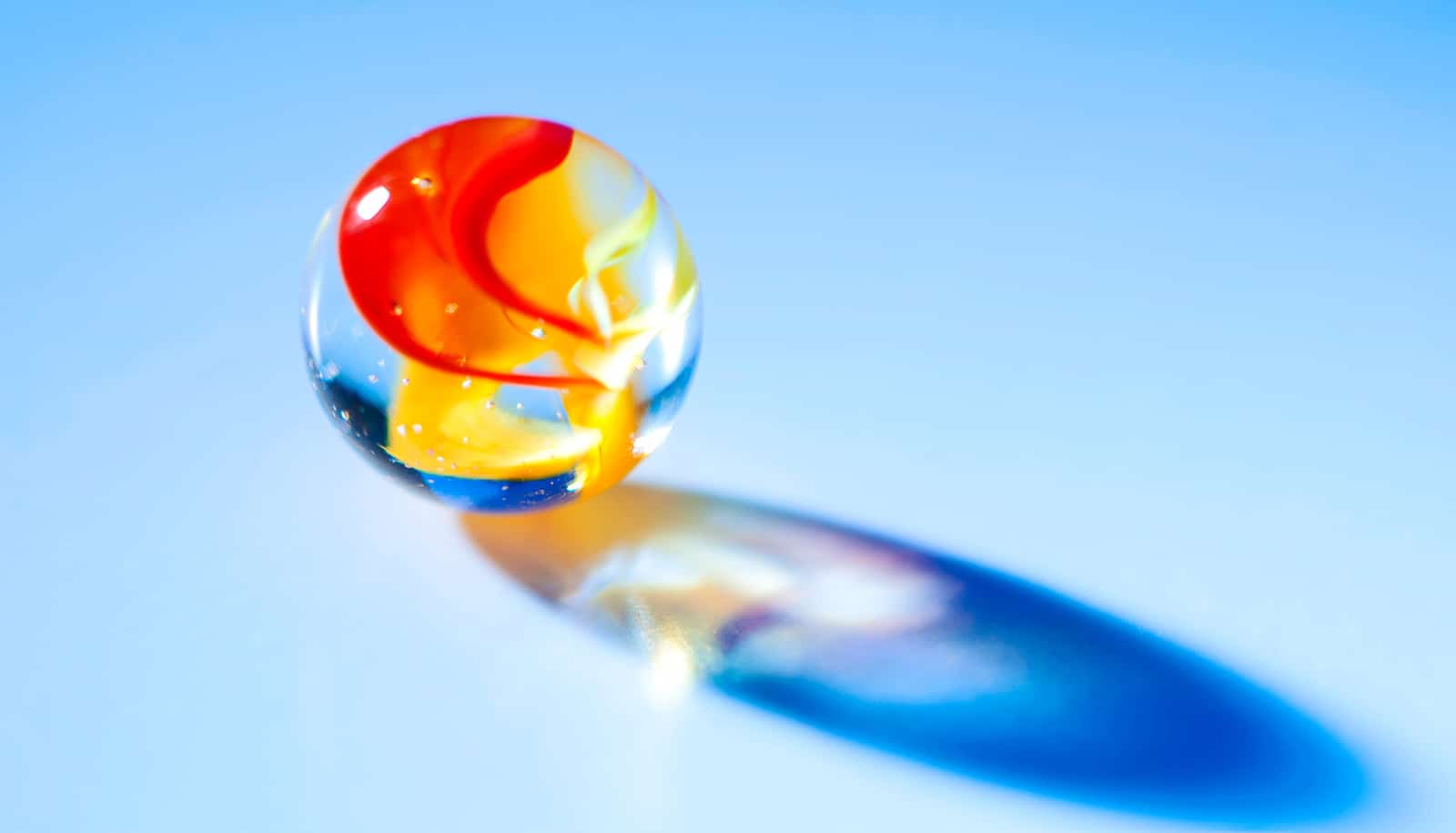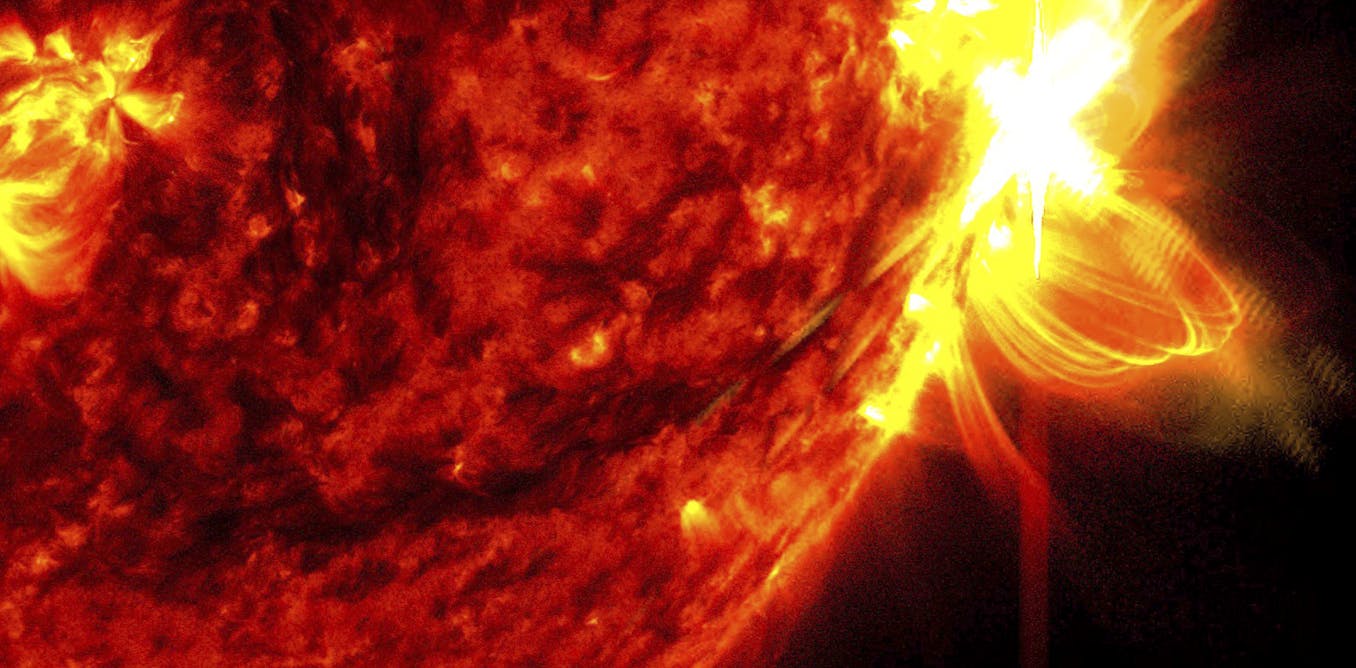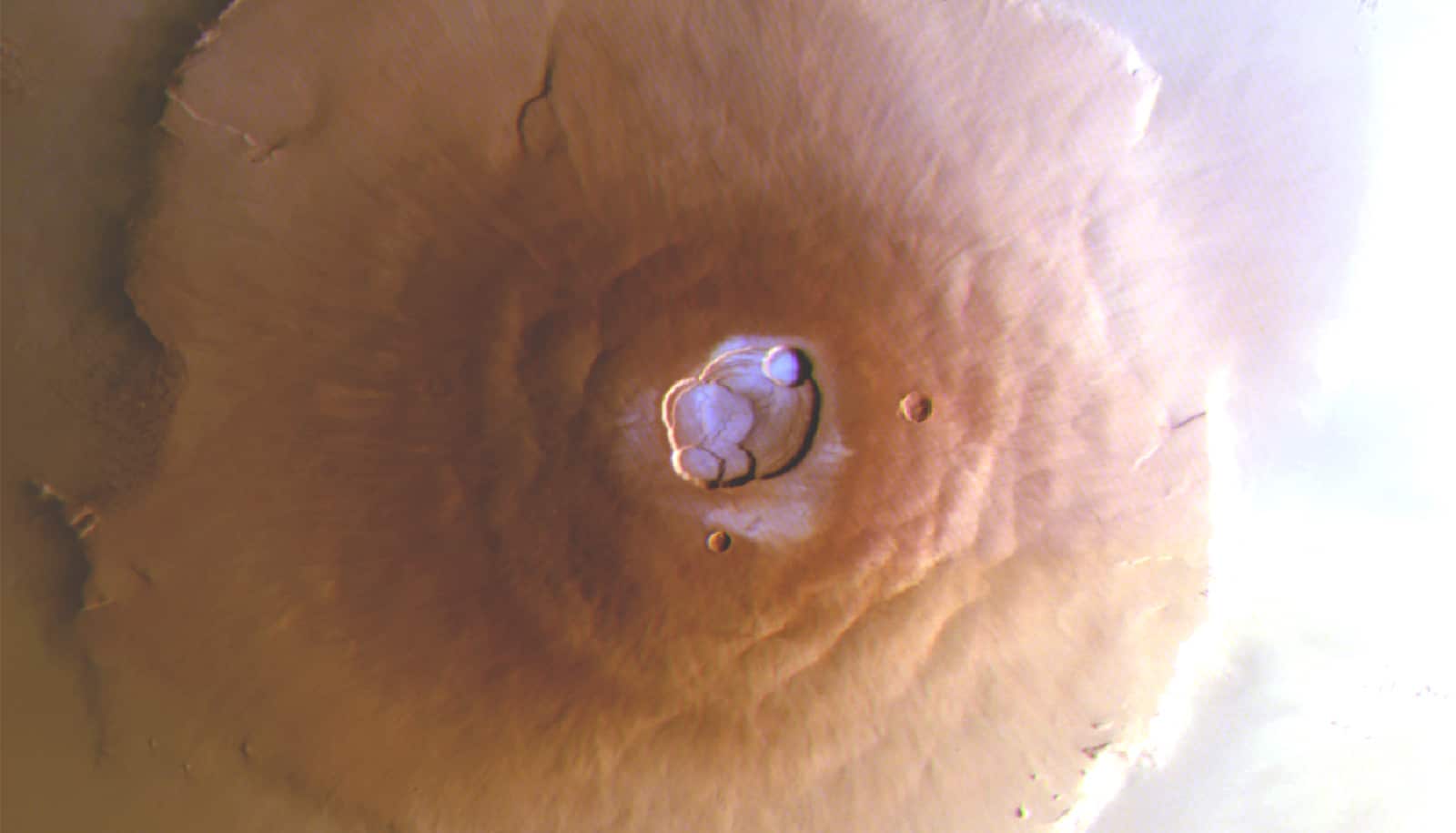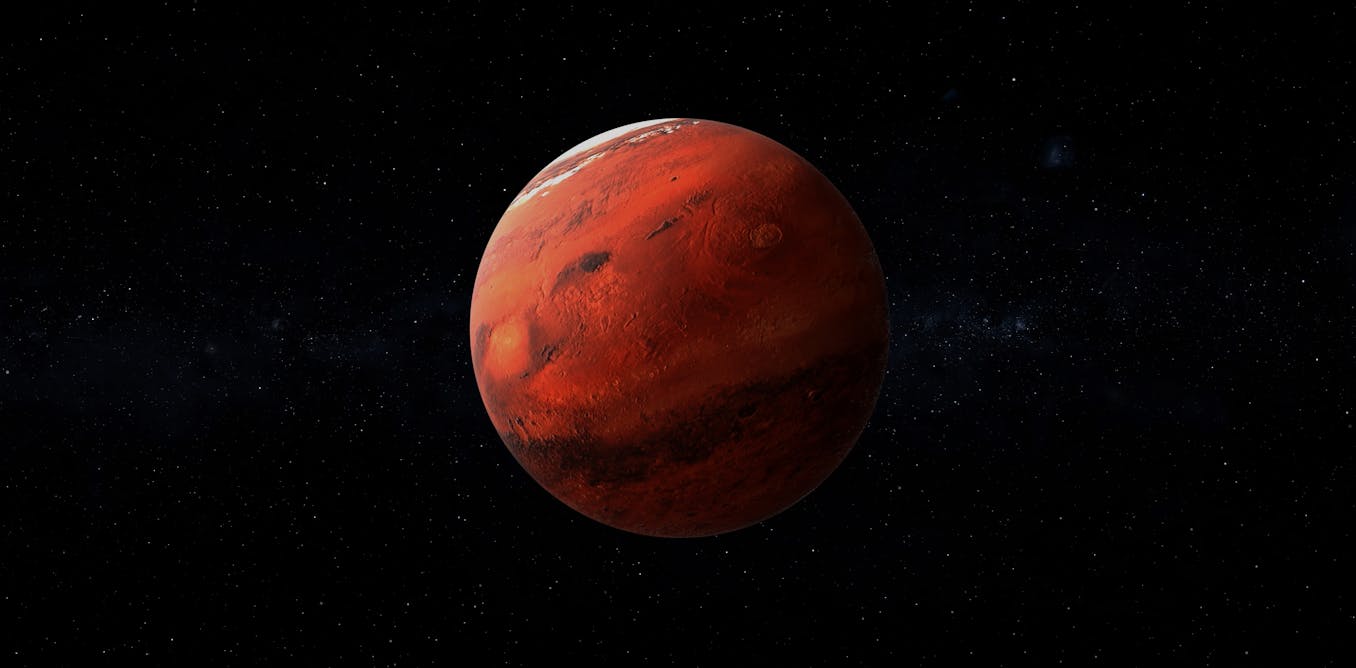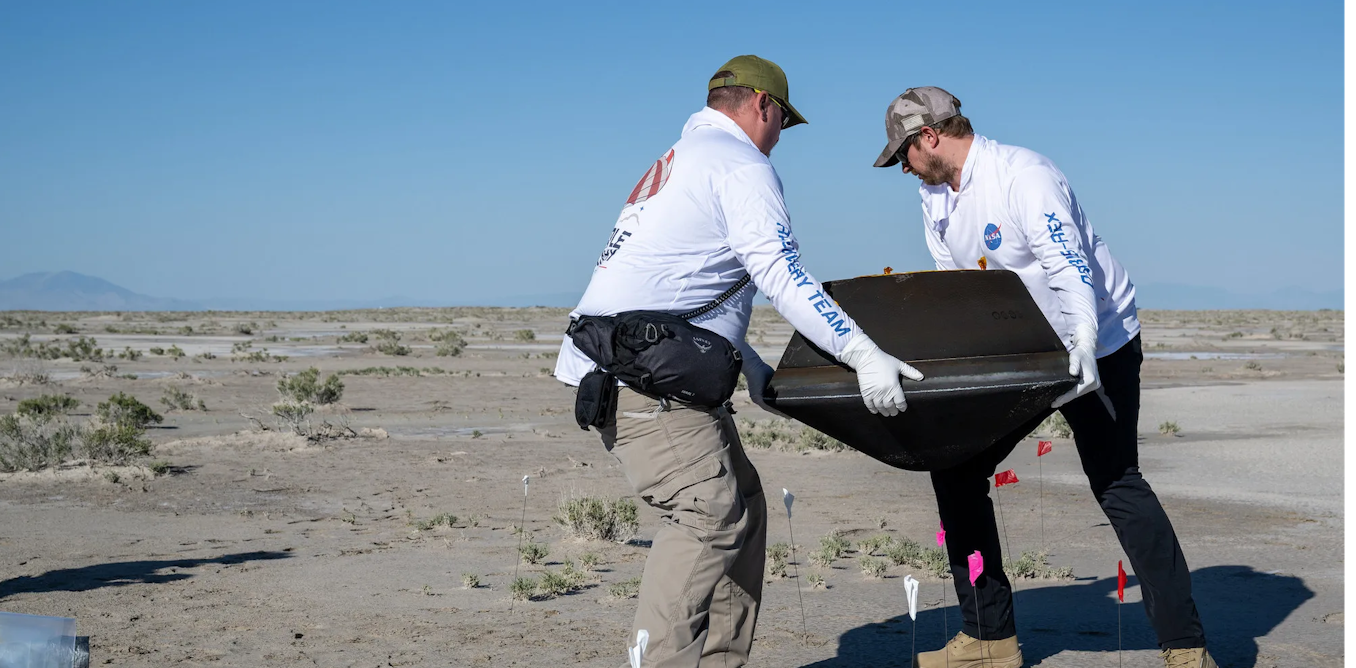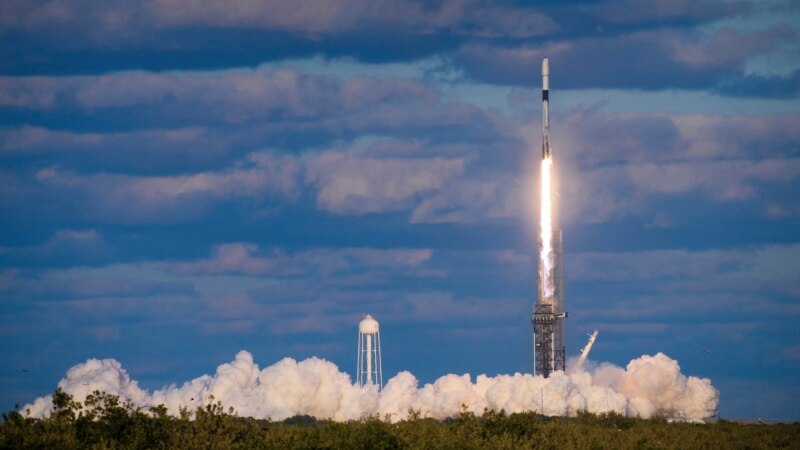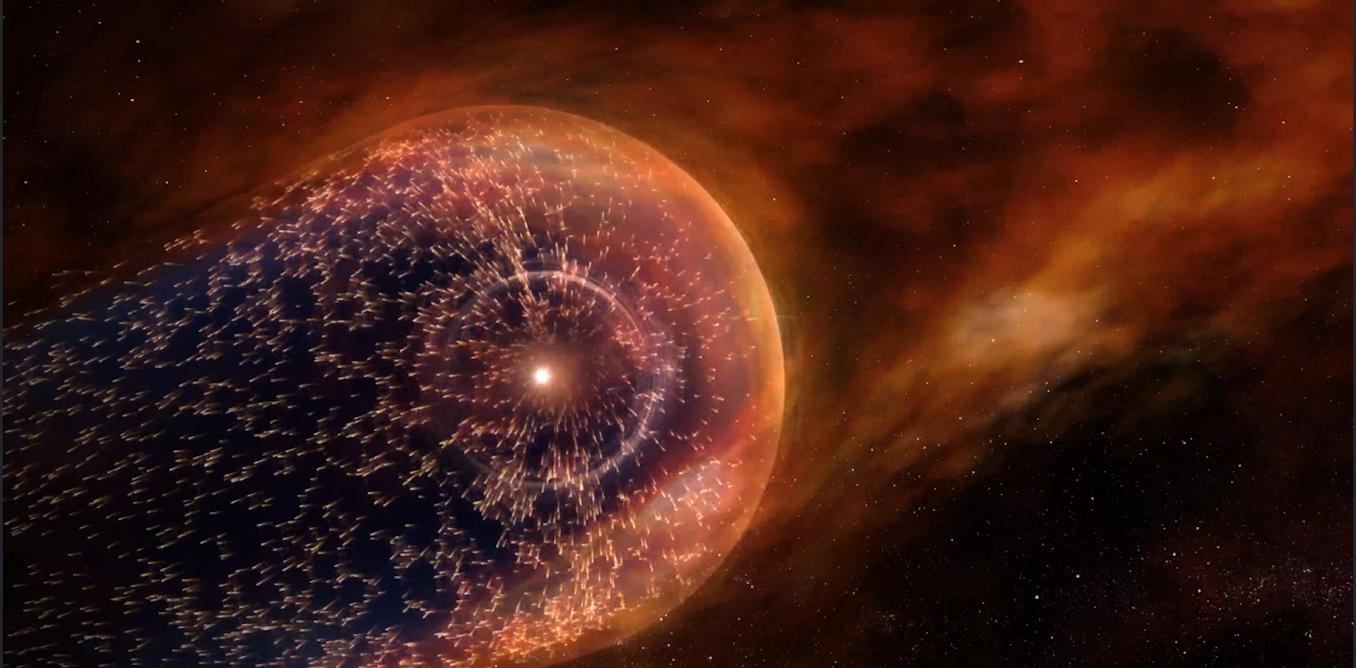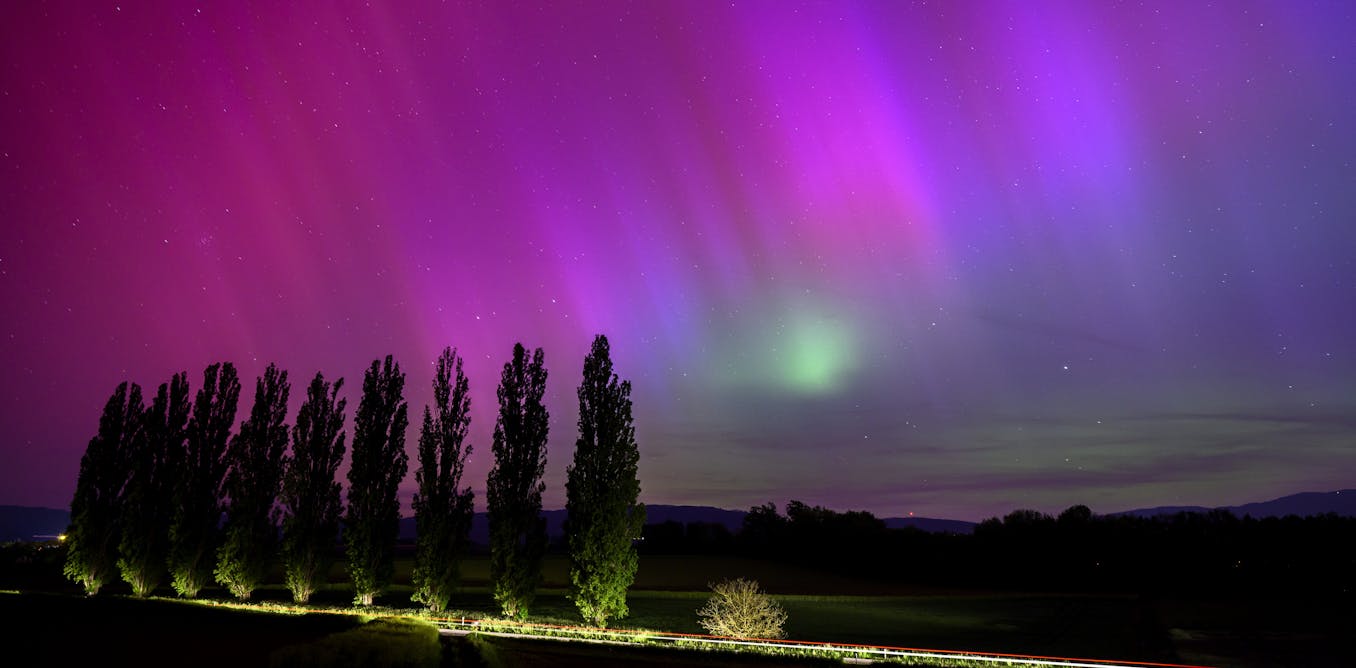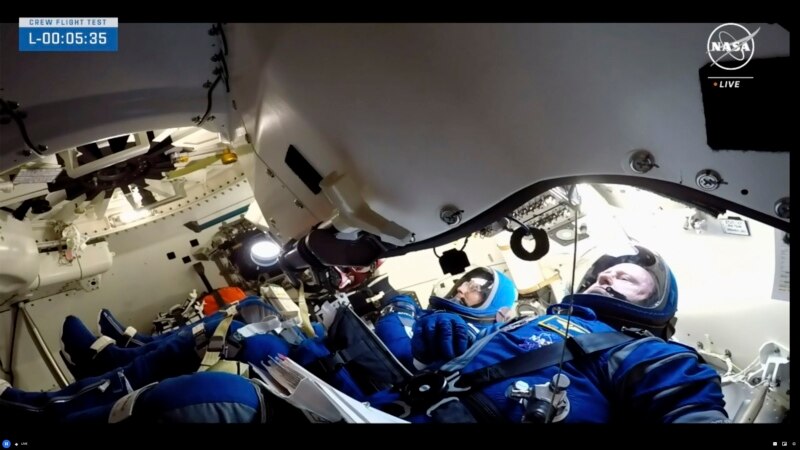Space weather forecasting needs an upgrade to protect future Artemis astronauts
The Sun will be at its most explosive right around the time NASA plans to put people back on the Moon.
Lulu Zhao, Assistant Research Scientist in Climate and Space Sciences and Engineering, University of Michigan •
conversation
June 13, 2024 • ~6 min
June 13, 2024 • ~6 min
Fish and chips on Mars: our research shows how colonists could produce their own food
Aquaponics could help feed Martian colonies in the future and offer a sustainable food system on Earth.
Benz Kotzen, Professor of Landscape Architecture and Nature Based Solutions, University of Greenwich •
conversation
June 11, 2024 • ~6 min
June 11, 2024 • ~6 min
NASA’s asteroid sample mission gave scientists around the world the rare opportunity to study an artificial meteor
Scientists don’t often have the time to get all their equipment set up to study incoming meteors from space. Instead, they can study capsules from space missions as ‘artificial meteors.’
Elizabeth A. Silber, Senior R&D Scientist, Physics, Sandia National Laboratories •
conversation
June 10, 2024 • ~9 min
June 10, 2024 • ~9 min
Scientists call the region of space influenced by the Sun the heliosphere – but without an interstellar probe, they don’t know much about its shape
An interstellar probe could help scientists answer fundamental questions about how the Sun influences Earth, space and other planets in the solar system.
Sarah A. Spitzer, Research Fellow in Climate and Space Sciences and Engineering, University of Michigan •
conversation
June 7, 2024 • ~9 min
June 7, 2024 • ~9 min
/
133

